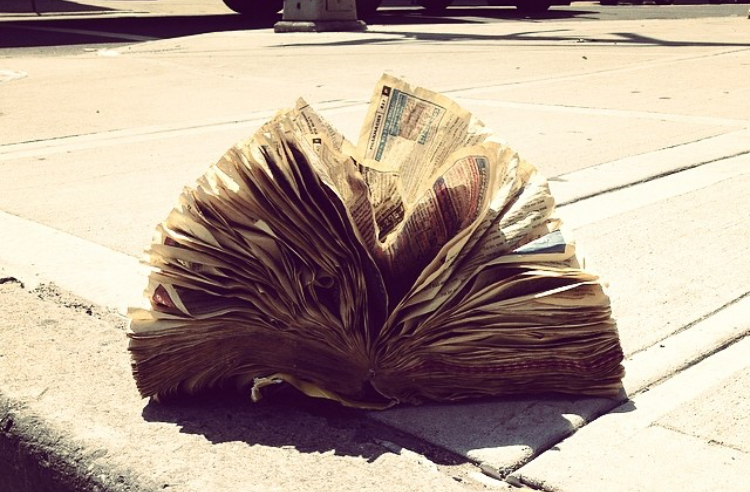On Loss and Friendship
My dad would have been 70 years old this Jan. 2. He died however, in 2007, when he was 54 and I was 18. I am fairly open about how I speak about him—it’s been my reality for a while now, and as a writer, it’s an easy and emotional vein for me to tap. I think I am guilty in some instances of romanticizing this ideal of him, seeing only what my life is missing without him in it, and not the frustrations, differences, or unexpected ways our relationship may have evolved.
I wanted to write something now though, because over the past few years, and 2022 particularly, several people in my life have lost a parent. A sign of being in my mid-30s I suppose. Whenever this happens, I feel this obligation, perhaps falsely, to speak some ounce of truth to the pain and grief. “You know what it’s like,” someone said to me once, upon losing their father. And while that is true, my experience with my dad wasn’t typical. I saw him a few times each year, flying from New York to Florida. We were more like friends in many ways, but still, I do have a sense of what it’s like to grapple with that loss
I know what it’s like when well-intended people reach out in support, and you almost feel fatigued by it all. You start to reiterate a script, when friends tell you to reach out for “whatever you may need.” You thank them, but it’s also too vague to really matter. I try to be a bit more specific in the things I share and say. I’ve noticed, for example, that the hole that this loss creates never goes away, but if you’re lucky, it can be filled with lesser relationships. I feel closer to some of my friends because we have both lost our dads. It doesn’t replace that father figure person in your life, but if we can be 5% or 10% more emotionally honest and vulnerable with one another, then there is something gained. I also tell people to be there for their families during a time of loss. Tell one another that you love them, make sure everybody is eating and resting well, take care of each other. When I think back to my dad’s passing, I think about my mom, my aunt, and I, driving between Florida and Georgia, the three of us together as a unit for just this specific moment in our lives.
While taking the Long Island Railroad the other day, a woman offered to move her luggage so I could sit. I thanked her and we started chatting. She was traveling from North Virginia to care for her ill grandmother, who she hadn’t seen in years. She was kind to me as we spoke, and I shared some of my life experience with her, caring for the elderly, losing loved ones, preparing for impending loss. The pain doesn’t ever go away, really, it just becomes part of who you are. It’s not that I ever stop missing my dad, missing him has just become what’s normal to me.
I once asked a friend who has dealt with similar loss if it is better to remember or even anticipate a deceased parent’s birthday, or to let the day pass you by unaware. With all the hoopla around New Year’s Eve, I would sometimes, especially in my 20s, only remember my dad’s birthday after it had passed. The friend said that there is something nice about letting yourself forget, about moving on and living your life as you would otherwise, even if its subconsciously. The truth is, whether you forget or sit in it for hours, it’s all part of the grieving process, or rather your grieving process. Now that I am myself a dad, I think of my own more often, but with so many around me losing parents, I have to consider the ways this loss has shaped who I am as a friend and loved one. When I turn 36 next year, I will have lived as many years without my dad as I lived with him. I hope that my experience can help others or at the very least, we can be comforting influences in each other’s lives moving forward. The pain doesn’t go away, it just changes, and one day, you may be able to tell someone that you know what it’s like.

